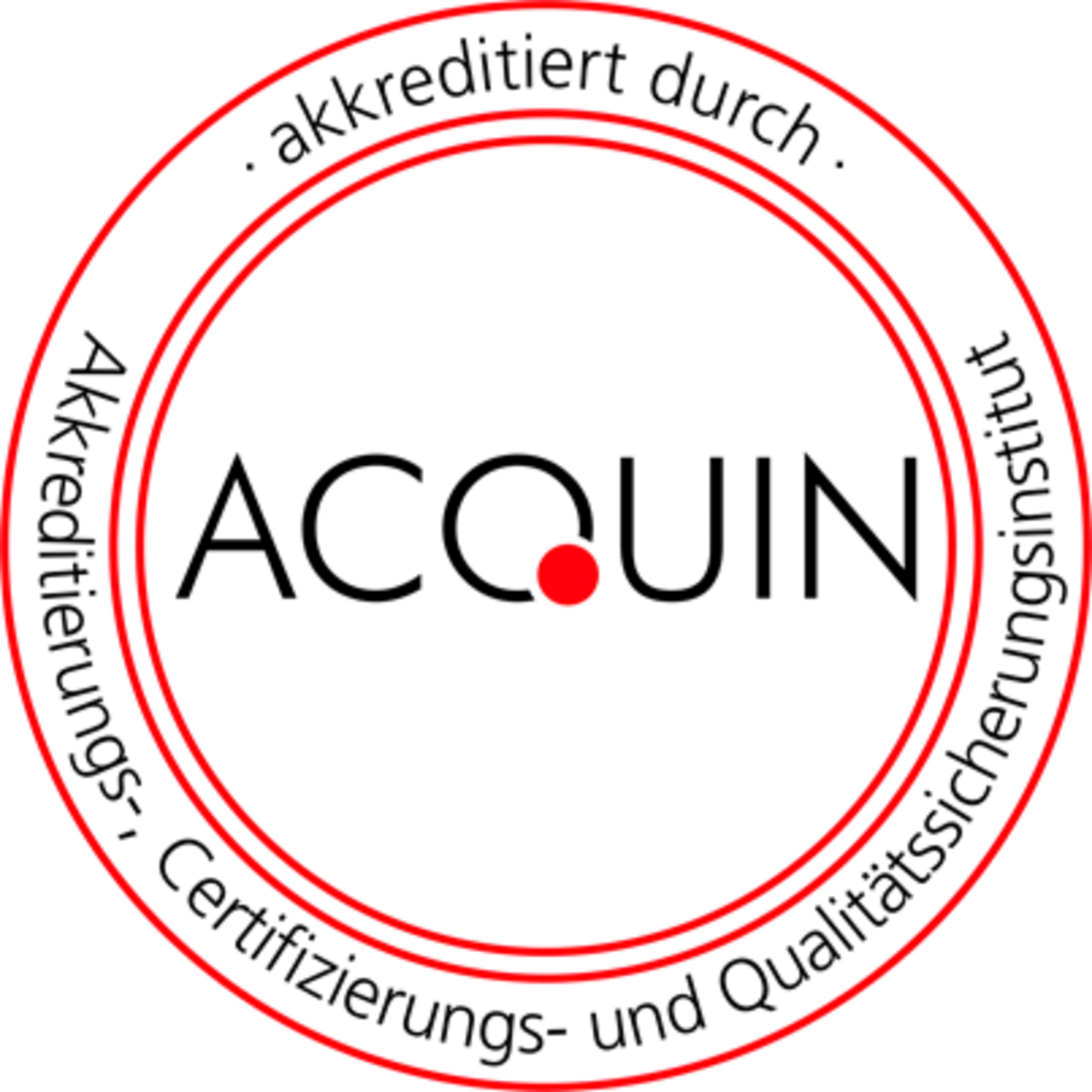

Accredited degree program
Sign language interpreting
Bachelor of Arts
The undergraduate Bachelor's degree programme in Sign Language Interpreting teaches students how to work independently and professionally as a sign language interpreter in a practice-oriented manner. The programme is based on scientific findings and methods. In addition, the various modules prepare students for their future work as sign language interpreters.
| Start | Winter semester |
|---|---|
| Admission Criteria | Open admission (no numerus clausus) |
| Application period | - |
| Study format | Full time |
| Study cost | None (only semester fee) |
| Normal duration | 7 Semester |
| Language | German |
| ECTS | 210 |
| Accredited degree program | |
 | |
The study programme / profile
The unique degree programme helps to counteract the shortage of specialists in this field. Sign language interpreters are employed in various areas and contribute to the participation of deaf people. The modules systematically build on each other and combine acquired knowledge. The aim is for prospective interpreters to be able to reflect on their own professional actions in a theoretical manner and in line with the ethical principles of sign language interpreting.
Contents and course of study
The structure and organisation of the degree programme are geared towards the idea of basic independence while at the same time providing in-depth knowledge. The core competences of sign language interpreting are taught one after the other.
Read moreThe following admission requirements apply to the Sign Language Interpreting degree programme:
- Proof of higher education entrance qualification (see Art. 43 Para. 2 and 7 and Art. 45 BayHSchG)
- German language skills at level B2
- Knowledge of German Sign Language (DGS) at level A1. Proof of this must be provided before the start of the degree programme through one of the following courses:
- Proof of DGS lessons (at least 30 hours) or
is an option
- Completion of a DGS preliminary course. In the immediate university environment, for example, the preliminary course at Blickfang in Munich Optional self-assessment test: You will be invited to an optional self-assessment interview before starting your degree programme. The subject of the test is a simple everyday conversation in DGS as well as an exchange about the professional field of sign language interpreting, the sign language community and characteristics relevant to your studies. If you do not fulfil all the requirements regarding sign language skills by the time of the self-assessment test, proof of registration for the preliminary course will suffice for the time being. The main aim here is to familiarise yourself with the Sign Language Interpreting degree programme and to reflect on your expectations.
Sign language interpreters are deployed in a wide range of areas. In order to be able to carry out their work appropriately and professionally, diverse and differentiated competences are required. These are the main focus of the degree programme.
Prospective students should have a quick grasp of the subject, a high degree of ability and willingness to reflect, flexibility, resilience, mental stability and openness. A keen interest in the culture and community of the deaf and enjoyment of learning a foreign language are essential.
Information for students
If you have any questions about the degree programme, the Central Student Advisory Service, the Student Advisory Service and the faculty will be happy to help you at any time. You can also find out more about the degree programme at events such as study information days, taster days, etc.
Learn more







